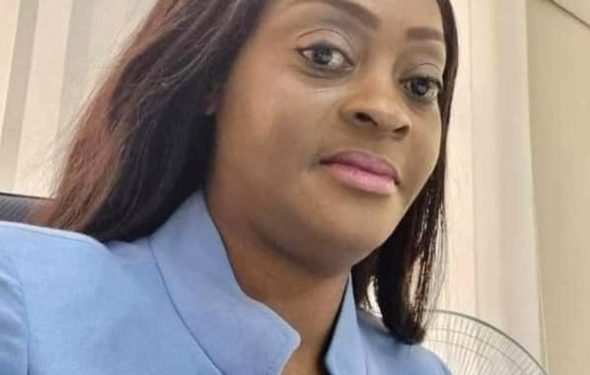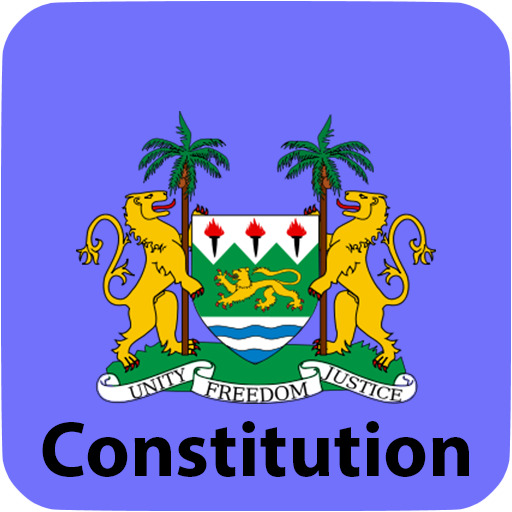By Hassan Osman Kargbo
Sierra Leone joined the global community on April 26 to celebrate World Intellectual Property (IP) Day 2025, under the theme “IP and Music: Feel the Beat of IP.” At a vibrant ceremony held in Freetown, Deputy Minister of Justice, Madam Saptieu Elizabeth Saccoh, delivered a powerful keynote address that underscored the importance of intellectual property rights in empowering artistes, protecting creativity, and driving national development.
The event brought together musicians, legal professionals, students, and government officials to spotlight the role of IP in the music industry—a sector increasingly seen as a key contributor to youth employment, economic growth, and cultural identity in Sierra Leone.
In her address, Madam Saccoh stressed that intellectual property is a vital tool for musicians, producers, and songwriters, as it guarantees ownership, visibility, and the right to earn royalties from their creations.
“IP is what transforms talent into livelihood,” she said. “It ensures that the beats we dance to, the lyrics we sing, and the stories we tell are recognized, rewarded, and respected.”
She went on to emphasize how IP opens doors to employment, mentorship, digital entrepreneurship, and global exposure, especially for young people seeking opportunities in the creative space. In this regard, music becomes not only a cultural expression but also a path to self-reliance and prosperity.
From a national perspective, the Deputy Minister noted that music is an economic asset. It drives entire value chains—from production and distribution to media and performance—contributing to job creation, revenue generation, and national pride.
“This gathering symbolizes a new rhythm for Sierra Leone,” Madam Saccoh declared. “A future where the law protects creativity, where justice uplifts art, and where government supports the vibrant beat of our nation.”
She further linked the country’s IP agenda to President Julius Maada Bio’s Big Five Game Changers, especially the pillar on Technology and Innovation. Madam Saccoh asserted that innovation is not limited to science labs or tech companies—it lives equally in studios, on stages, in lyrics, and in beats.
Protecting intellectual property in the arts, she said, is a strategic move to monetize local talent, attract investment, and project Sierra Leone’s cultural identity globally.
Reaffirming the ministry’s commitment to building a stronger IP ecosystem, Madam Saccoh outlined several reforms in progress, including the modernization of copyright laws and administration, improved public education on IP, and enhanced collaboration between government agencies, artistes, and international partners.
With the rise of the digital economy, she emphasized the urgent need for updated legal frameworks to support online content creators and music entrepreneurs. “The future is digital, and our laws must reflect that reality,” she said.
In a call to action, the deputy minister urged all stakeholders—artistes, lawyers, educators, and industry leaders—to work together in strengthening Sierra Leone’s IP landscape.
“Let us not only celebrate music,” she concluded, “but also invest in the structures that sustain it. Let IP become a common language, not just among lawyers, but among artistes, students, and entrepreneurs.”
The event concluded with renewed national commitment to building an environment that supports creativity, innovation, and economic empowerment, positioning Sierra Leone as a rising hub in Africa’s cultural and creative industries.













